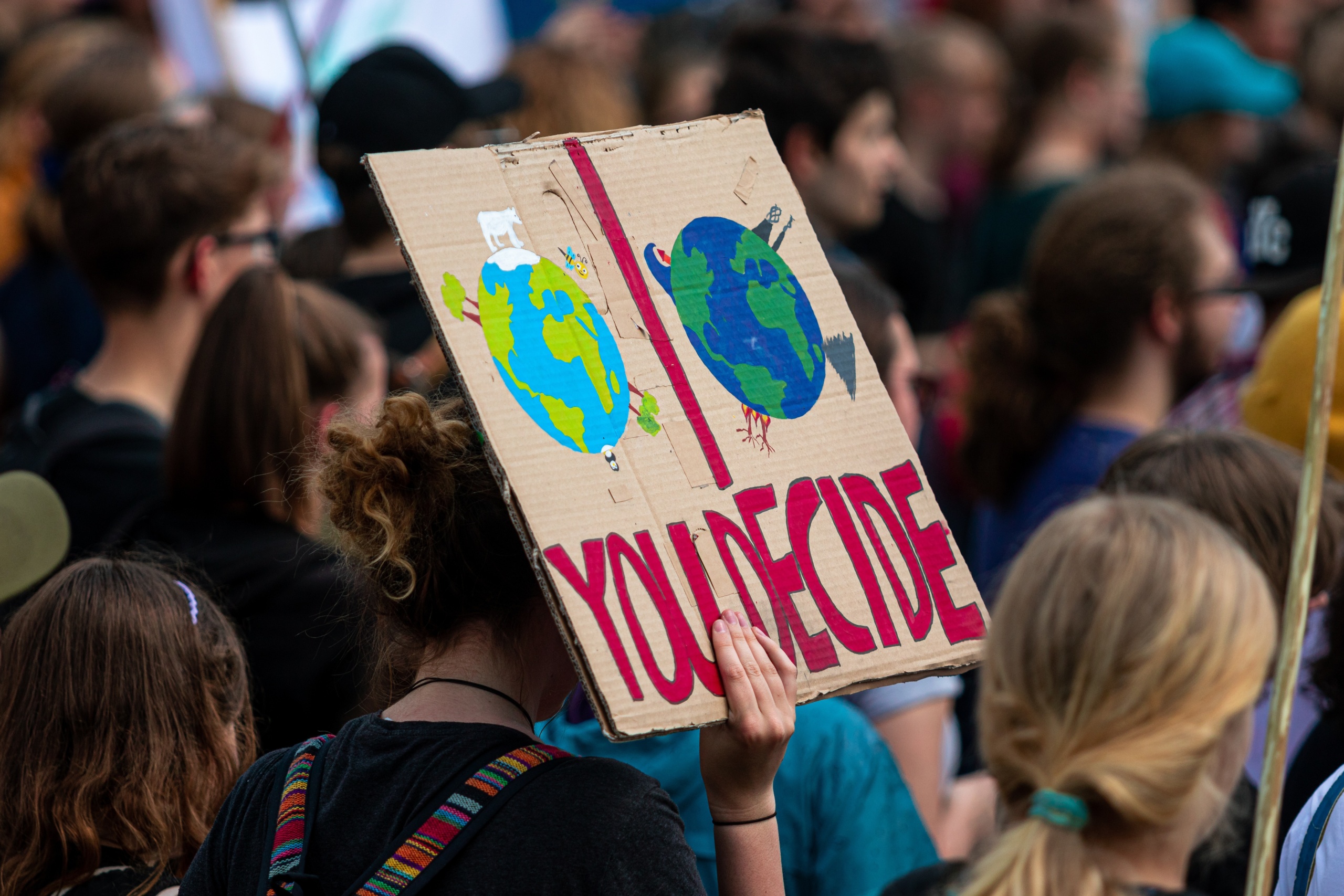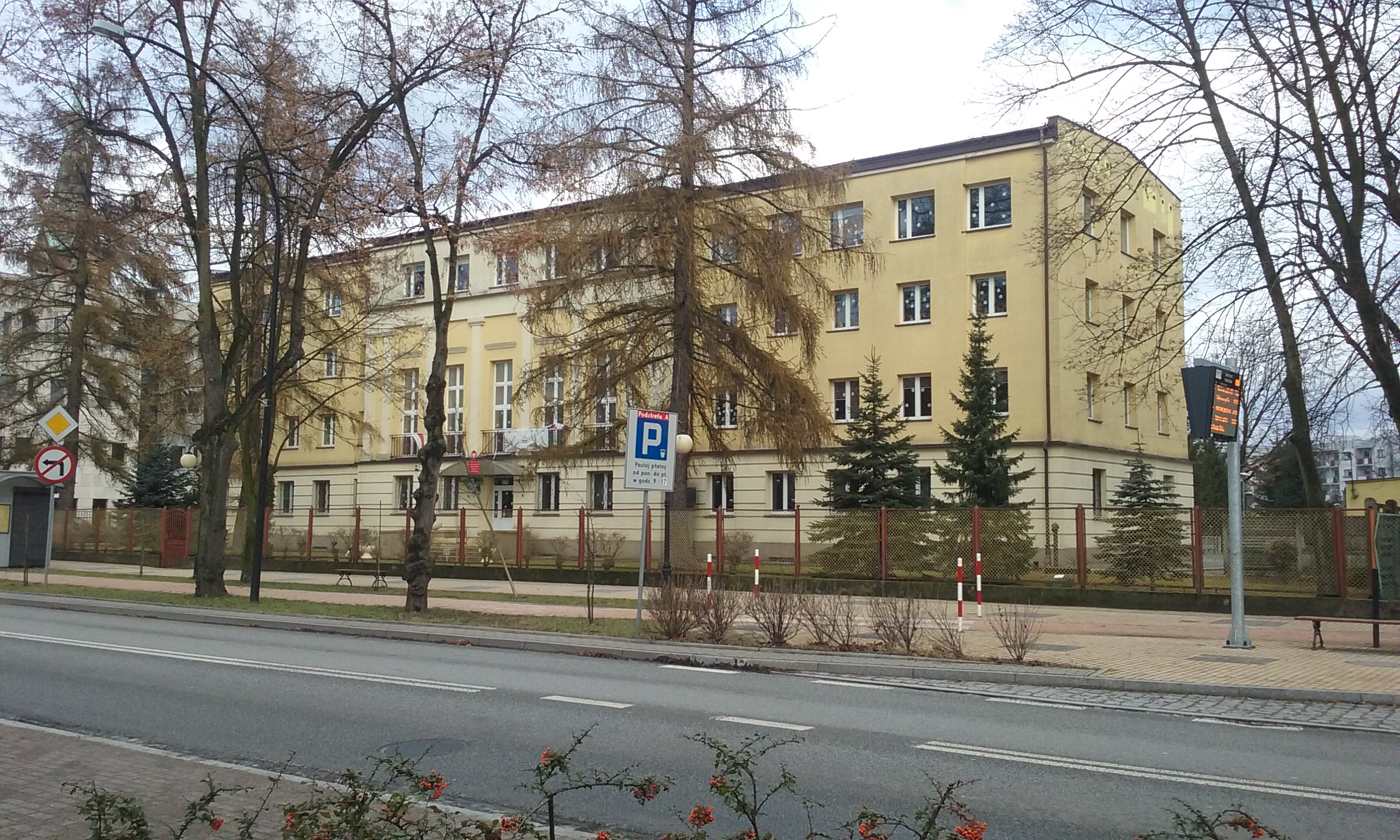Visions 2045 – Schools as Drivers to Climate Neutrality in Cities
Supporting schools in Bulgaria, Poland, and Slovenia by developing their own action plans to become climate-neutral.
Awareness Climate Policy Education

Project info
Bulgaria, Poland, Slovenia
11/22 - 04/25
Educational institutions, Local governments, Public sector
615,381.78 €
Contact info
Florian Kliche
- Energy Agency of Savinjska, Šaleška and Koroška Region (KSSENA)
- National Trust EcoFund (NTEF)
- PNEC - Association of Municipalities Polish Network "Energie Cités"
Background
The European Union’s decision to become climate-neutral by 2050 requires a change in thinking. Among other factors, it is necessary to construct and use buildings in a climate-neutral manner. As school buildings are major emitters of carbon dioxide, these building types play a significant part in this sector. However, they can also serve as role models when it comes to designing climate-neutral buildings. At the same time, the school building as a place of education is predestined to jointly acquire knowledge about a climate-neutral lifestyle. Thus, a collaboration between schools and municipalities is not only essential in reaching climate targets within the building sector, but also contributes to making the transformation process last long-term by actively involving young people.

Project
The project accompanies schools along their way to climate neutrality, turning them into drivers working towards the achievement of local climate goals. Schools are major emitters of carbon dioxide, but they are also educating our future generations. Thus, they should be more involved in promoting and guiding towards climate neutrality as well as in contributing to reducing the local carbon footprint within their function as role models. Based on this special intersection, multiple actors work jointly on concepts for a much-needed transition. Climate checks as well as workshops creating a vision take place in the schools and contribute to developing action plans. Through collaborating with municipalities and other local initiatives these action plans in the form of roadmaps are put into practice. This is beneficial for the schools as well since they can establish a new local network with whom they are able to exchange experiences and continue implementing their climate goals in a participatory manner.
Last update: July 2024
